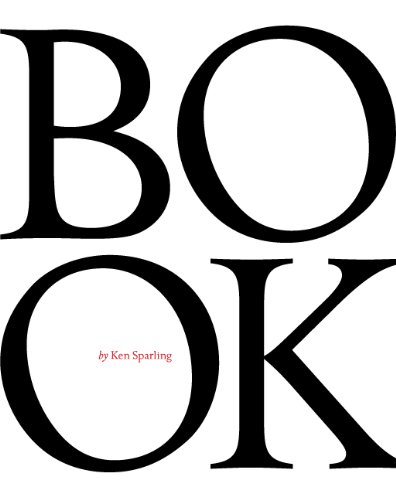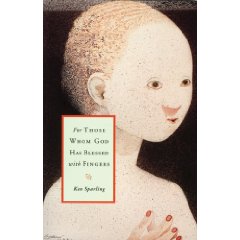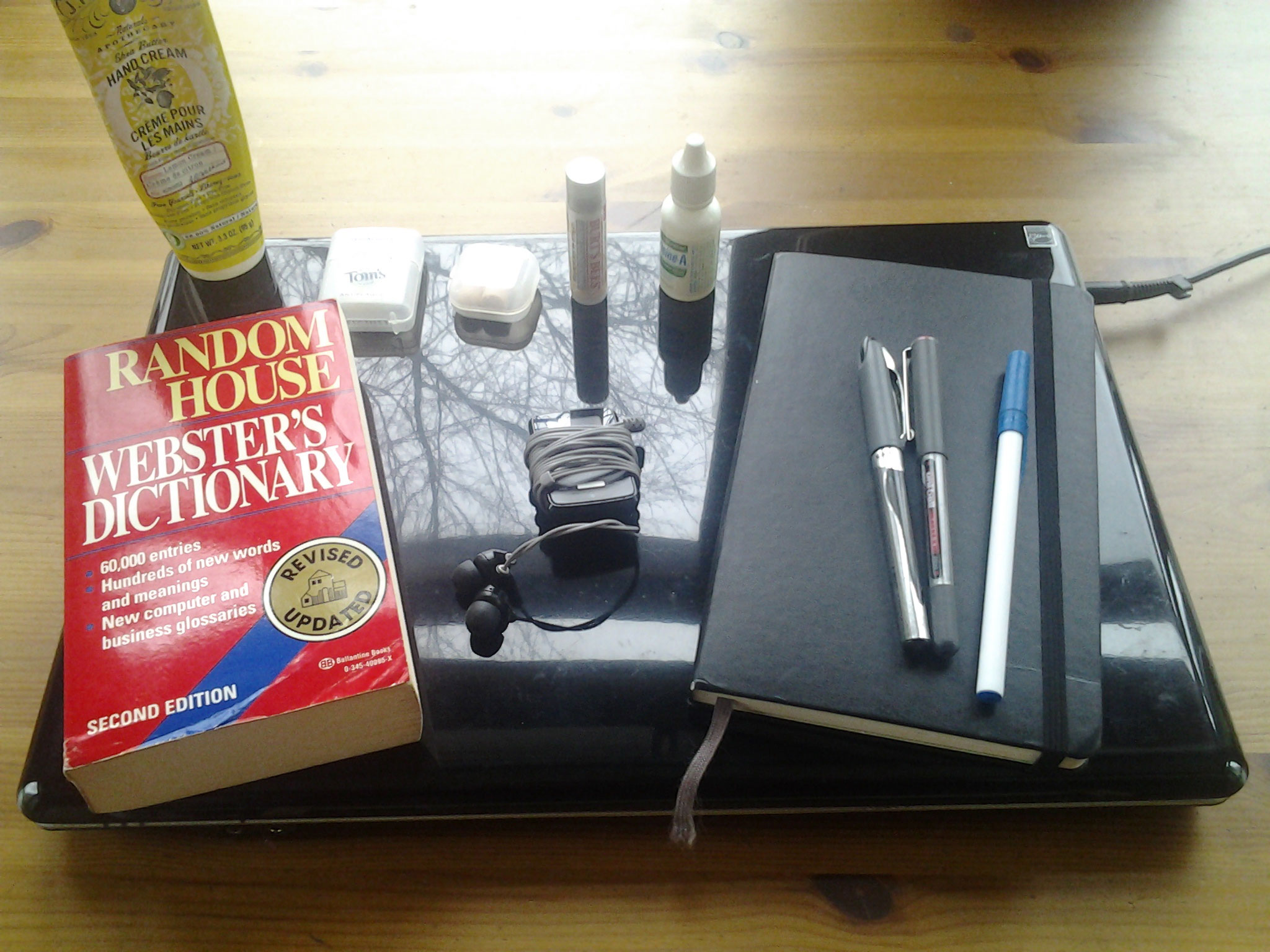How I wrote my latest novel, part 1
I’ve wanted for a while now to try writing a story “live” here, posting my work as I went from initial idea to finished piece. I might still do that, but for now, here’s a related series of posts. I spent the past forty days writing a new novel (“Lisa & Charlie & Mark & Suzi & Monica & Tyrell,” though my working title was “The Porn Novel”), and want to share with you how I did that. My hope is this will prove less an exercise in vanity and more something instructive—like, you might want to do the exact opposite of me.
Let me state up front that I don’t think there’s any one way to write novels, or fiction, and I don’t approach all of my projects in the same way. And what works for me may not work for you. But I have developed some basic procedures that I find useful and that you might enjoy trying. Also, this time around, I encountered some formal problems that should make for good discussion.
I write pretty quickly, but forty days is the fastest I’ve written a novel. (This is the third one I’ve really completed.) My first novel, Giant Slugs, took nearly a decade from start to finish, during which time I wrote three completely different versions of the book. That experience was, on the whole, difficult and often mystifying. Only in the final two years, when I wrote the final version of the novel, did I feel as though I understood what I was doing, and even then I felt crazily out of control most of the time. I had by then a Master’s in Creative Writing, but never received much instruction in novels, so I had to figure out a great deal on my own. (Perhaps that’s inevitable?)
I wrote my second novel, “The New Boyfriend” (still unpublished) as an anti-Giant Slugs: whereas GS is a mock-epic with dozens of characters and locations, covering several years, “TNBF” is a single scene featuring four characters, set in a single location on a Sunday afternoon/evening. That project took me seventy-five days total, which taught me that time is a resource, and some projects take less of it than others. I’m sure I’ll return to more time-intensive projects later, but for now, I’m having fun sprinting.
Recently I’ve wanted to try writing a novel in one month, and when I dreamed up this new project, it seemed a good candidate for that. (And, no, I’ve never done NaNoWriMo, though I have done the 3-Day Novel Contest about six times. I learned a lot from doing the 3-Day, but never produced what I’d consider a finished novel.)
Ken Sparling’s The Serial Library: Overview and Interview
[Guest Post: Greg Gerke]
Ken Sparling is a writer. He works in a library in Toronto. He has written six novels. His latest is Intention, Implication, Wind from Pedlar Press. His first, Dad Says He Saw You at the Mall, published by Knopf in 1996 will be reissued by Mud Luscious Press in August.
{LMC} On Ken Sparling’s “What Can the World Do For Elrond?”
Ed: You can read a PDF of this story, here, so you can better participate. Buy NY Tyrant. If you would like to have the full PDF of NY Tyrant 8 so you can participate in this month’s LMC discussions, get in touch with me. But still, when you buy a literary magazine, an angel gets its wings.
“My life comes in bits, fragments, brief paragraphs, and sometimes a page or two, so it makes sense that this is my unit of storytelling.”
Sparling drops this quote in an interview conducted by Michael Kimball, published in The Faster Times (read the whole thing here), and it’s a wonderful distillation of his technique, even more appropriate in its very succinctness.
He goes on: “It isn’t so much that the storytelling units are small in my books, more that they don’t seem connected, they don’t seem to relate to each other. There seems to be no rules for what happens after a reader encounters an expanse of white space and moves onto the next little bit. Whatever it is that sustains each individual section seems to break down as soon as a section ends.”
Flash 14
1. Ken Sparling. 2. Stace Budzko. 3. Kim Chinquee 4. Elysia Smith. 5. Shya Scanlon 6. Aimee Nezhukumatathil 7. Mark Ehling.
8. Damian Dressick. 9. Jac Jemc. 10. Peter Gradbois 11. David Shumate. 12. Jesse Goolsby. 13. Caroline Zilk. 14. Molly Gaudry.
Ken Sparling’s Book

In Book, Ken Sparkling’s newest book, which I believe partway through now not only to be his best, but many’s best, on page 21, the would-be becoming age, the page begins like this:
“A space opens among words. Move the words apart. Wire the sentences to the page. Lean over the spaces you’ve made. Do you think they will all be the same? It must be part of the problem that they won’t go away. Make the sentences cold and unknowable. Every single sentence you’ve written, let this happen. They won’t fight back. Sentences don’t fight back. They get empty. Fake. They get hard. At some point the words will change. Twist. The words seem to open very wide. When the sentences seem to point and grin at you, indifferent, grab the paper. Watch the words appear beneath your hands. Run your hands over the paper.”
I am now age 31. Page 31 of Book ends:
“He thought if he waited long enough, the little campers would calm down and stop talking amongst themselves. He thought he could just keep waiting and that eventually one of them would tell him what this was all about. The ogre had an eye where his belly button should have been. Even more disgusting, he had two belly buttons where his eyes should have been.”
I hope to live to the age of 226, the last page of this book. It’s the only way to take it all in, no matter how magical, how funny, how every graph maxed. $$$. I’m reading.
They Shoot the White Girl First…
 The title of this post from the opening line of Toni Morrison’s, Paradise.
The title of this post from the opening line of Toni Morrison’s, Paradise.
Opening lines are like titles. I am going to briefly discuss titles. This might help you, or will maybe interest any students you might attempt to shepherd/lose. I’ve found students often go no-title, and I am against no-title, unless you have been writing for 20 years and work in minimalist miniature black and white photos. Or do heroin.
So.
See that young lady and her cleavage (probably done by this guy) on the cover of a magazine I consider vituperation to the brain, body, beauty, soul? It is going to help me.
Rob McLennan interviews Ken Sparling

Excellent 12 or 20 question interview with Ken Sparling over at Rob McLennan’s blog, about Sparling’s next book, Lish, editing, process, etc. “I haven’t met many editors who can make themselves essential. The only way to do that is to get carnal with the work you’re editing, fuck with it, cross things out, move things around, maybe even add things in.”
Ryan Call’s book trade thing: it really works!

“No matter how good of a tan you get, there’s always someone around with a better one. One year, me and Tutti went to Greece. I thought, I’m gonna get the best fuckin’ tan ever. And it happened. I came back home and nobody had a better tan. I went and visited everybody I knew and I thought, There, you fuckers, top that.”
—For Those Whom God Has Blessed with Fingers by Ken Sparling.
Thanks, Ken. This is really rad so far.
Everyone else should also become a part of the HTMLGiant Book Exchange.



